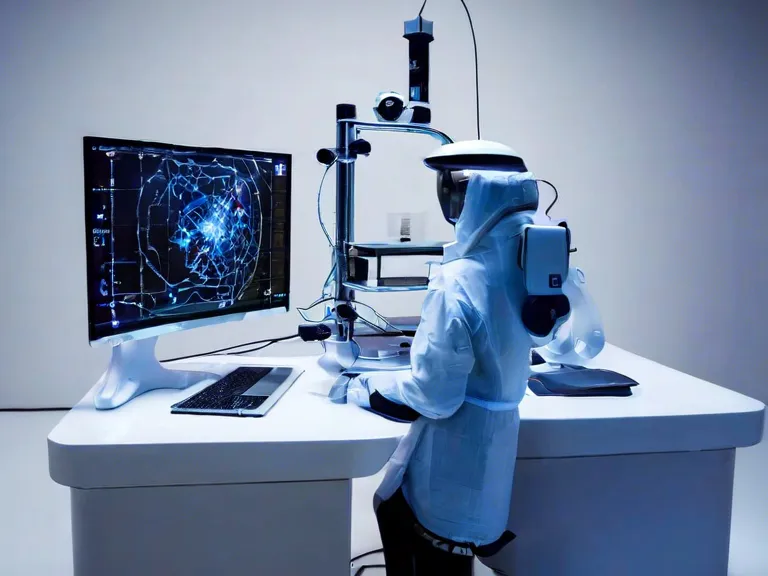
The Latest Gadgets Shaping the Future of Scientific Research
In the ever-evolving world of scientific research, new technologies and gadgets play a pivotal role in pushing the boundaries of what is possible. From cutting-edge lab equipment to innovative data analysis tools, these gadgets are shaping the future of scientific exploration in ways we could have never imagined. Let's take a look at some of the latest gadgets that are revolutionizing scientific research.
One of the most exciting developments in scientific research is the rise of portable DNA sequencers. These handheld devices allow researchers to quickly and efficiently sequence DNA in the field, opening up new possibilities for studying biodiversity, tracking pathogens, and even identifying genetic mutations on the spot. With the ability to generate results in a matter of hours, portable DNA sequencers are transforming the way we approach genetic research.
Another gadget that is making waves in the scientific community is the CRISPR-Cas9 gene editing system. This revolutionary tool allows researchers to precisely edit the DNA of living organisms, offering unprecedented control over genetic material. With applications ranging from curing genetic diseases to creating genetically modified crops, CRISPR-Cas9 has the potential to revolutionize the field of genetics and biotechnology.
In the field of physics, quantum computers are poised to revolutionize computational research. These super-powerful computers can perform complex calculations at speeds that far exceed traditional computers, offering scientists a new way to tackle some of the most challenging problems in physics and beyond. From simulating quantum systems to optimizing complex algorithms, quantum computers are paving the way for new discoveries and breakthroughs.
On the data analysis front, machine learning algorithms are playing an increasingly important role in scientific research. By leveraging the power of artificial intelligence, researchers can analyze vast amounts of data more efficiently and uncover patterns and trends that would be impossible to detect by traditional means. With applications in everything from drug discovery to climate modeling, machine learning is reshaping the way we approach scientific analysis.
Overall, the latest gadgets shaping the future of scientific research are pushing the boundaries of what is possible in the world of science. From portable DNA sequencers to quantum computers, these cutting-edge tools are revolutionizing the way we approach scientific exploration and paving the way for new discoveries and breakthroughs.



